Goal 1 – Self Determination
Objective 1. A: Supported Decision Making
Supported Decision Making Grants
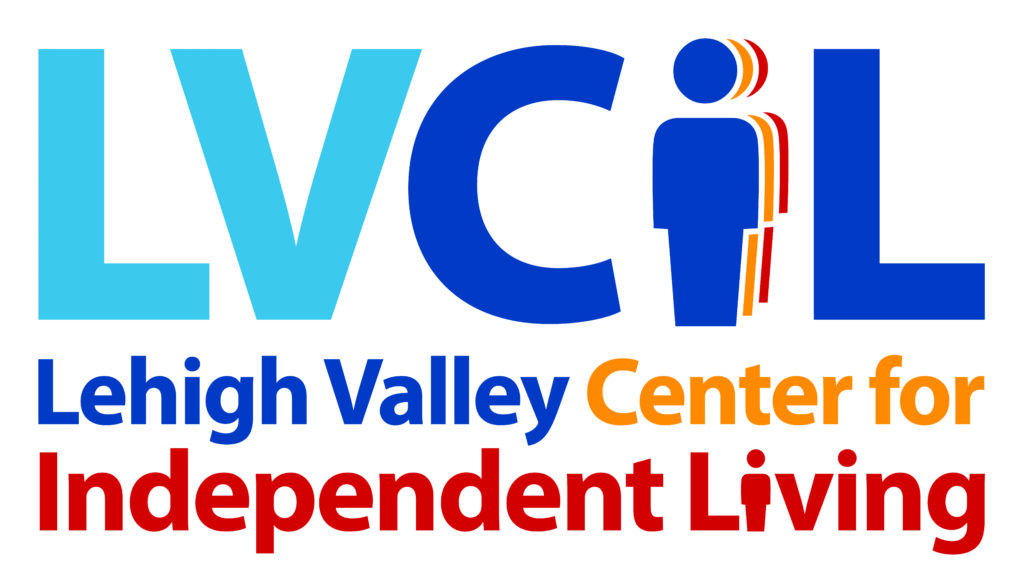
Lehigh Valley Center for Independent Living (LVCIL) and the Jewish Family Service of the Lehigh Valley (JFSLV) will partner through a project called Supported Decision Making PA (SDMPA). The goal is to create systems change by educating the community on viable alternatives to guardianship. The project will have a cross-disability focus on youth of transition age. SDMPA will have four target audiences: individuals with disabilities, families, supports coordinators, and school personnel. The project’s activities and products will include: education and outreach (virtually and in-person); surveys; a stakeholders advisory council; a train-the-trainer manual; and a toolbox of resources for people with disabilities to use on their journey to become decision-makers.
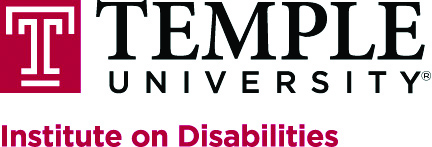
The Institute and partners will create a plan for supporting and strengthening systems change to increase awareness and use of supported decision-making. The project will build on the national guardianship reform movement and the tools and practices of the National Resource Center for Supported Decision Making. People with intellectual and/or developmental disabilities, families, support coordinators, school personnel, and other professionals are the target audiences. Project objectives are to identify promising practices and resources; create a model for education and awareness; create a resource toolkit; and host a training session. The outcome is to expand the number of people in Pennsylvania who receive training to facilitate supported decision-making in their own lives.
Objective 1.B: Formal and Informal Community Supports
School Culture Grant (ends 12/31/2024)
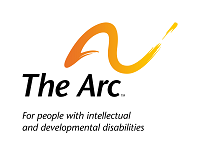
The Arc of Pennsylvania will start the Self Advocacy: Inclusive Declarations of Independent Truths (SAID-IT) program. The program seeks to break down the stigma and misperceptions of students with intellectual and developmental disabilities (IDD). Empowered students will have their voices amplified by creating valued social roles as lead presenters of student-led school assemblies twice per school year. The program creates a positive social experience for students to get to know, receive, and accept diverse students with IDD without bias or ignorance. The program aims to develop empathy and connection between student presenters and the school audience.
Empowerment through Employment Grant (ends 12/31/2024)
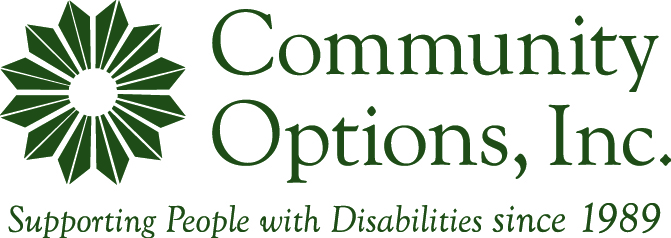
Community Options plans to identify and publicize stories by and about people with intellectual and developmental disabilities. The stories will focus on Pennsylvanians in competitive and integrated employment, higher education, vocational training, or other meaningful community activities. Their stories will promote self-determination and choice. Storytellers will participate in training and receive encouragement to use their voices. Participants will also receive support to improve public speaking and communication skills. Final products will include a recorded event series and a publication. The project’s goals are to raise awareness about the capabilities of people with disabilities and to increase demand for supported employment services statewide.
Housing Myth Busting Grants (end 06/30/2025)
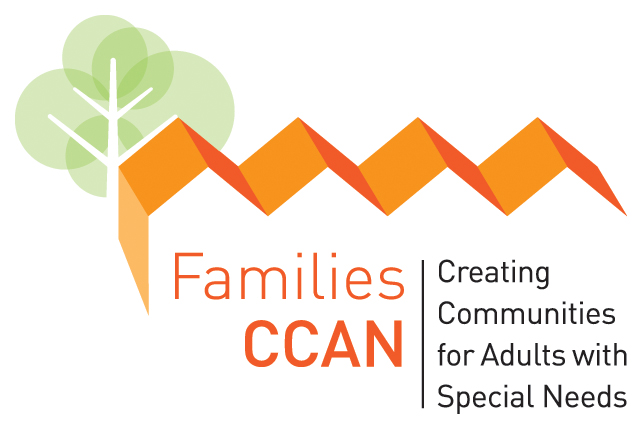
Families CCAN and its grant partner SAU1 will develop a series of presentations about housing options to be delivered to adults with disabilities, family members, staff, and other allies. These presentations will be developed and led by peers. An additional training specifically for Supports Coordinators and Supports Brokers will be developed. An advisory council composed of non-disability housing experts will convene to both advise the project and learn more about housing options for adults with disabilities.
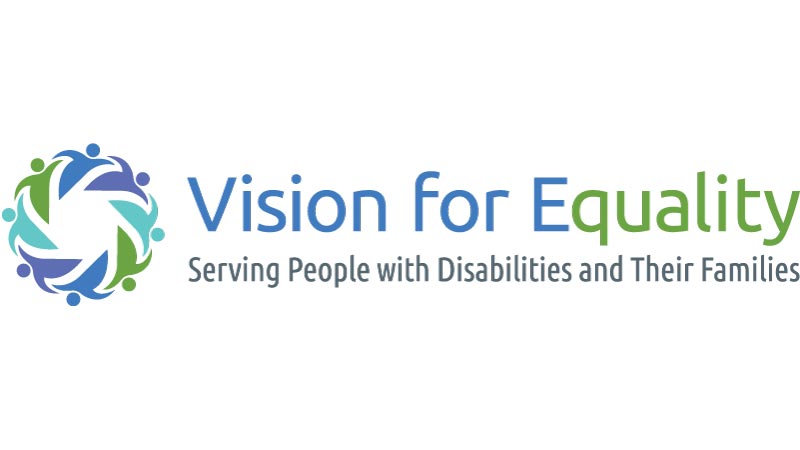
Information is power! Through educational opportunities, outreach, and demonstration, we will give people with IDD and their families the information they need to seek out creative housing solutions.
Objective 1.C: Education & Early Intervention
Community Inclusion for Young Children Grants (end 06/30/2025)

Lehigh Valley Center for Independent Living (LVCIL) will tap into the knowledge of young adults/adults with disabilities who became empowered because their parents became informed advocates when they were too young to do so themselves. Through training, mentorship, and providing resources, LVCIL will help empower parents to advocate for their family’s future.

Families Reimagining Inclusive Lives (FRIL) encourages families of young children with disabilities to focus on options for inclusive living and learning, rather than assuming that a segregated setting is the best or only option. FRIL participants will learn more about inclusion in educational settings, the right to services for children in inclusive settings, and self-determination for their child.
Goal 2 – Social and Systems Change
Objective 2.A: Employment
Employment Grants (end 06/30/2025)

Arc Human Services, working with The Arc of Pa, will hold focus groups and webinars to educate local employers about job coaching/employment services in the state of Pennsylvania. They will share knowledge with employers about the benefits and incentives that come along with hiring people with disabilities. The project will gather data to better serve our clients and business partners in the future.

Through a statewide collaboration among agencies and Workforce Development, the project will increase employment opportunities for people with disabilities. The PA Workforce Coalition will work with local Workforce Development Boards leveraging their connections to help educate businesses and support and mentor their membership. The project will help fill the great need for talent in PA businesses through education, collaboration, and mentoring.
Objective 2.C: Technology
Technology for All Grants (end 06/30/2025)
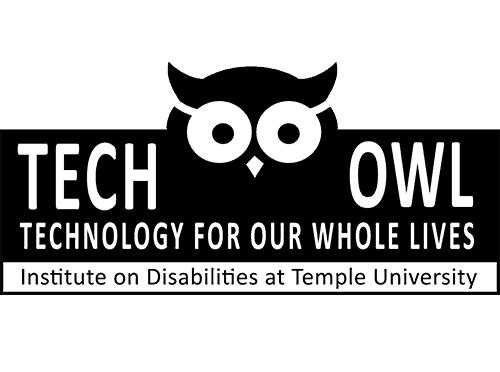
The project will empower Pennsylvanians with developmental disabilities to learn to use generic technology to meet their personal goals. This will be done through demonstrations, workshops, and at-home Do-It-Yourself projects. Participants will also create video and graphic content about technology and learn the skills needed to spread this information throughout their community.
Objective 2.E: Quality Health Care
Quality Healthcare Access Grant (ends 12/31/2024)
Thomas Jefferson University
Thomas Jefferson University will improve training for family medicine residents to better serve people with disabilities in their communities. Self advocates and caregivers will help develop and deliver three to four training sessions for medical students. At the end of this project, a toolkit will be shared through publications and presentations. The toolkit will help educate doctors and others to understand how to better care for people with disabilities.
Goal 3 – Community Living
Objective 3.A: Community Capacity
Disability Is Not A Crime Grant (ends 06/30/2025)
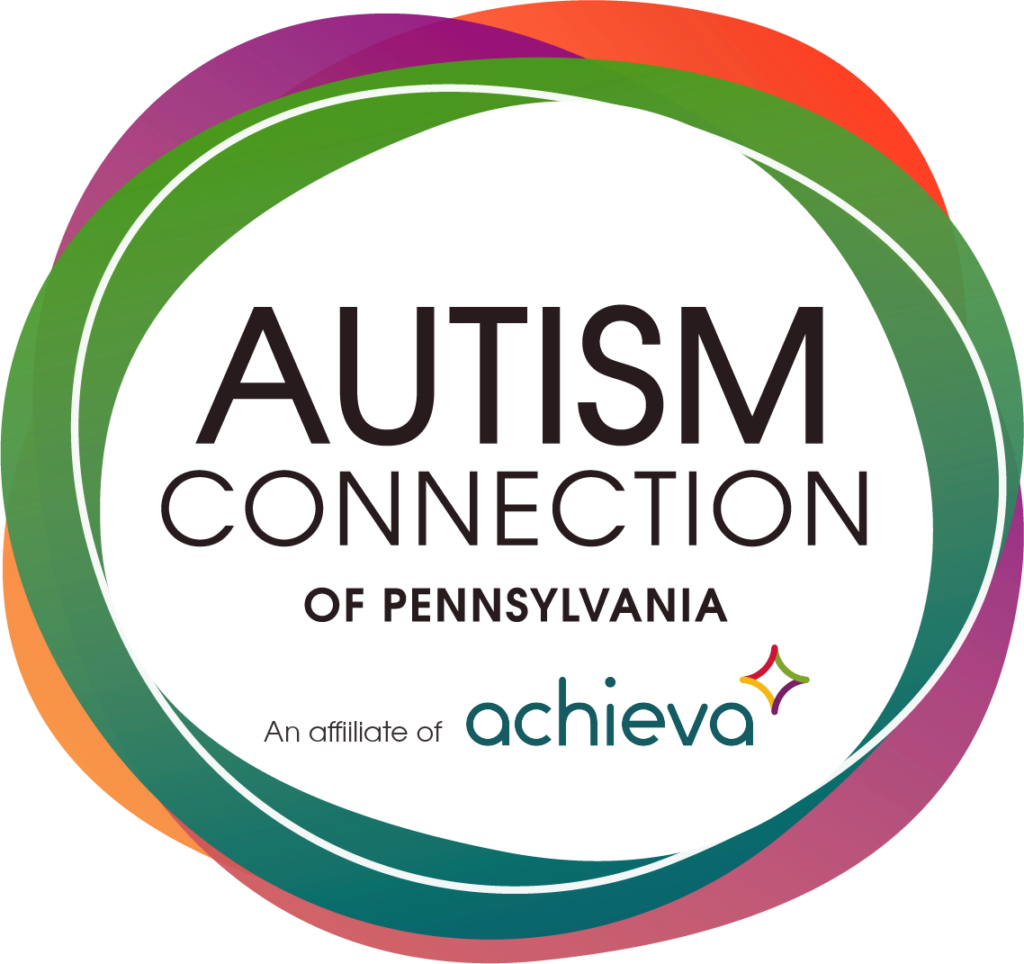
The project will inform the law enforcement community about the characteristics and medical issues related to autism. They will teach why people speak, cannot speak, act in ways that may appear unusual, or are unable to respond quickly to commands. The project will focus on training people to use new ways to communicate that may not be taught in traditional police academies. Delivery will be via the voice of a seasoned police officer, a long-time autism professional counselor, and with the personal, lived experiences of autistic instructors.
Objective 3.B: Community Inclusion
Authentic Friendships Grant (ends 12/31/2024)
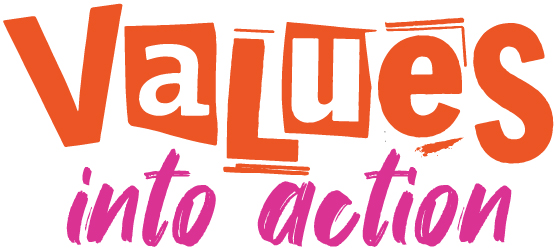
Values Into Action will help people with disabilities find and build relationships and friendships using the Friend to Friend (F2F) program. Facilitated information sharing will help participants explore their neighborhoods, towns, and virtual communities. Technical assistance sessions will focus on the experiences of people with disabilities and the lessons learned from each other. The project impact will be measured by how many people identify as empowered because of the knowledge, mentoring, and support received. Success will be when people begin making their own decisions about where and with whom they choose to spend time in the pursuit of authentic friendships.
Civic Engagement Grant (ends 06/30/2025)
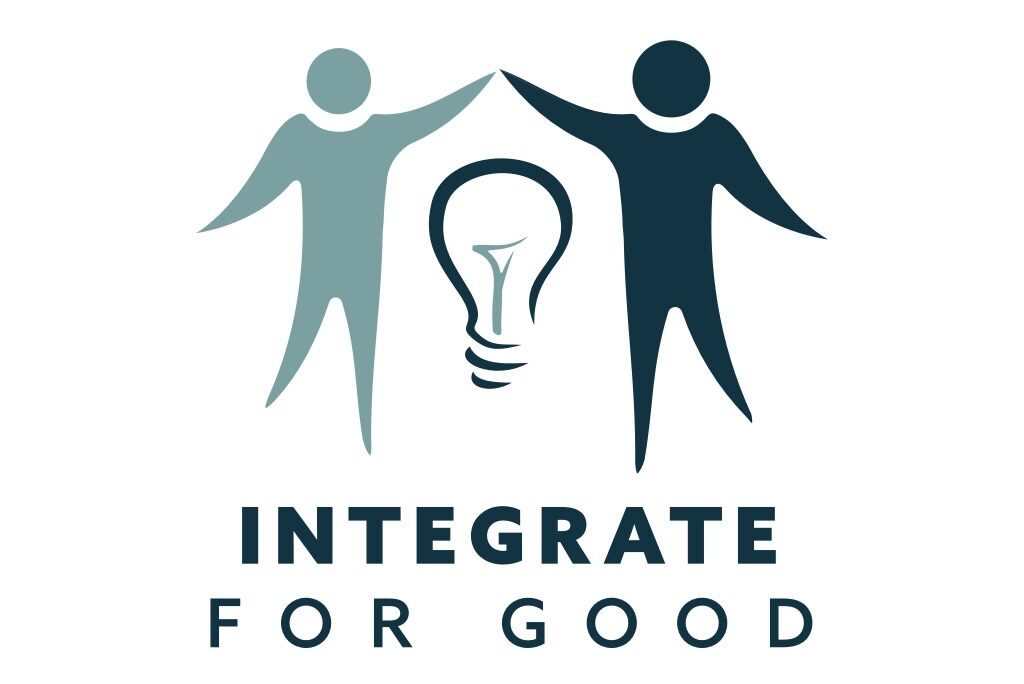
Integrate for Good will empower people with disabilities to identify what matters to them and co-create pathways to community engagement. At the same time, we will empower civic organizations with the confidence and knowledge they need to capitalize on the untapped talent of people living with disabilities.
Universal Design Grant (ends 09/30/2025)

This project brings together self-advocates, leaders of urban growing spaces, Liberty Resources Inc., and the Institute on Disabilities to develop universal design resources and training for urban gardens and farms in Pennsylvania. We will create a microgrant opportunity to help Pennsylvania’s urban growing spaces implement these principles and improve accessibility. Our collaborative process will address accessibility holistically, focusing on physical, communication, sensory, attitudinal, and programmatic access. The goal is to create a self-sufficient model to improve the accessibility of urban gardening spaces across Pennsylvania.
Objective 3.C: Targeted Disparity in Education
Preschool to Prison Pipeline Grants (end 06/30/2025)

Inclusive and Equitable Futures: Trauma-Informed Practice in Preschool Supports (TIPPS) will conduct an environmental scan of early childhood discipline in Pennsylvania, informed by surveys and interviews with families and school staff; design a self-evaluation measure that school staff can use to assess classroom and school policies and practices; develop and share accessible plain language tools and resources to empower preschool-aged children, families, and providers; and collaborate with a project advisory board of key community members.
Delaware County Advocacy and Resource Organization
DCARO will collaborate with school districts and early learning facilities, to implement recommended interventions and increase awareness of the Preschool-to-Prison Pipeline. The goal is to prevent youth from entering the Pipeline. The project’s approach includes continuous collaboration between parents, families, self-advocates, educators, and other advocacy organizations to ensure the success of all students.
Goal 4 – Self Advocate Leadership
Objective 4.B: Information and Advocacy
Family Information and Advocacy Center (ends 06/30/2025)

Vision for Equality (VFE) will establish a statewide network of organizations that support families of people with developmental disabilities. Information and assistance through networking, community organizing, and collective advocacy will be provided. This will be a single-entry point where people with disabilities and their families can find supports and participate in advocacy across the lifespan. VFE will create a website for training resources and an online directory of organizations.
